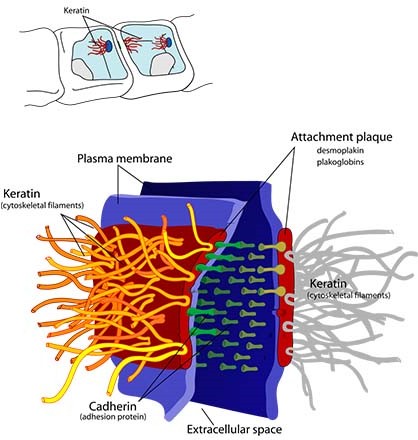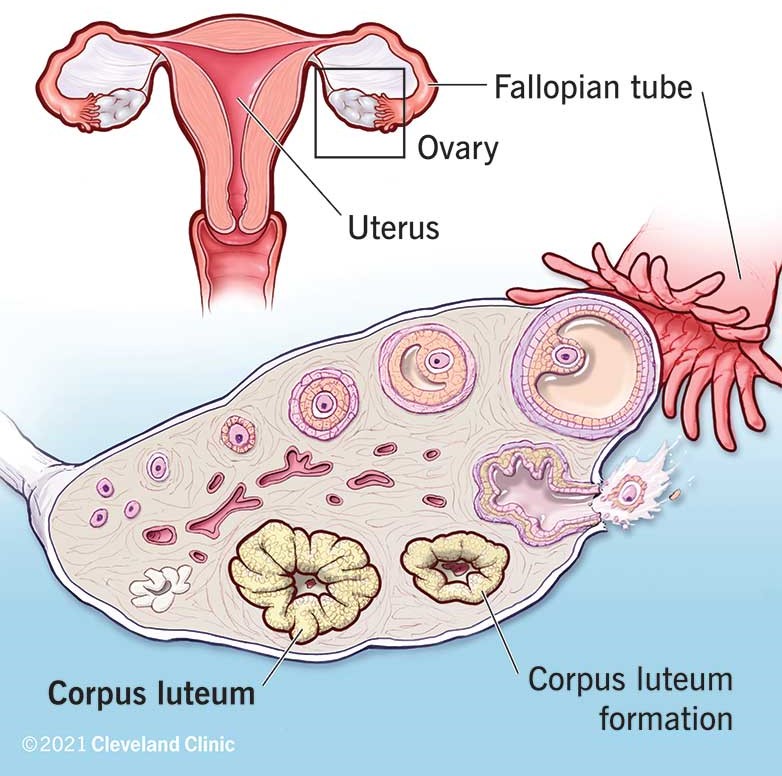What is the hallmark of adaptive immunity?
A. Rapid recruitment of immune cells to sites of infection and inflammation
B. Antigen-independent defense mechanism
C. Immunologic memory
D. Non-specific host-defense mechanisms .
Immunologic memory is the hallmark of adaptive immunity.
Immunologic memory enables the host to mount a more rapid and efficient immune response upon subsequent exposure to the antigen.
Choice A is incorrect because rapid recruitment of immune cells to sites of infection and inflammation is a characteristic of innate immunity.
Choice B is incorrect because antigen-independent defense mechanisms are characteristic of innate immunity.
Choice D is incorrect because non-specific host-defense mechanisms are characteristic of innate immunity.
Therefore, the Correct Answer is C.




